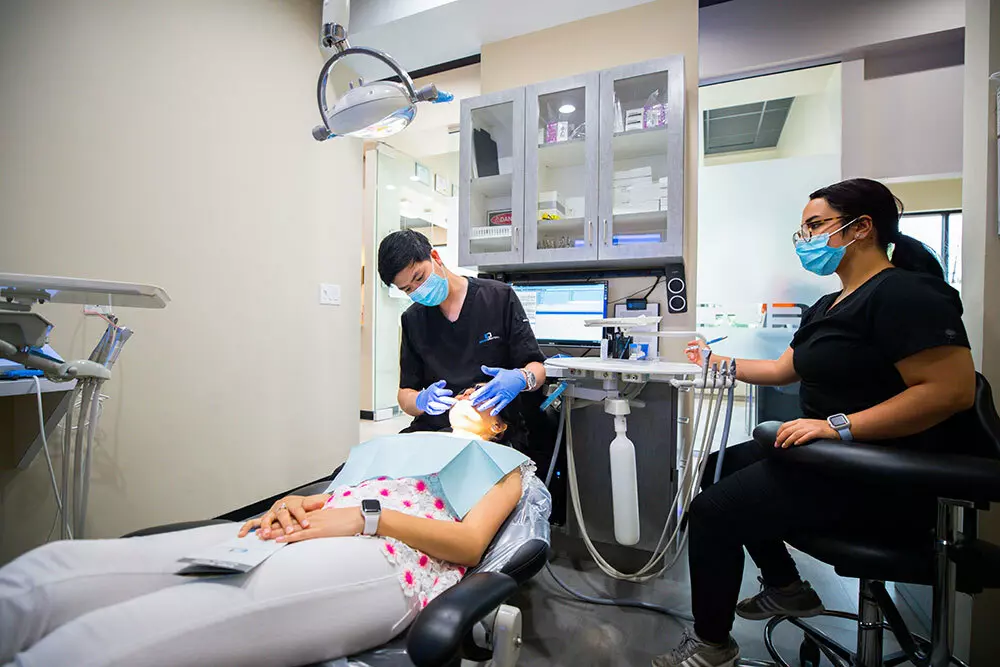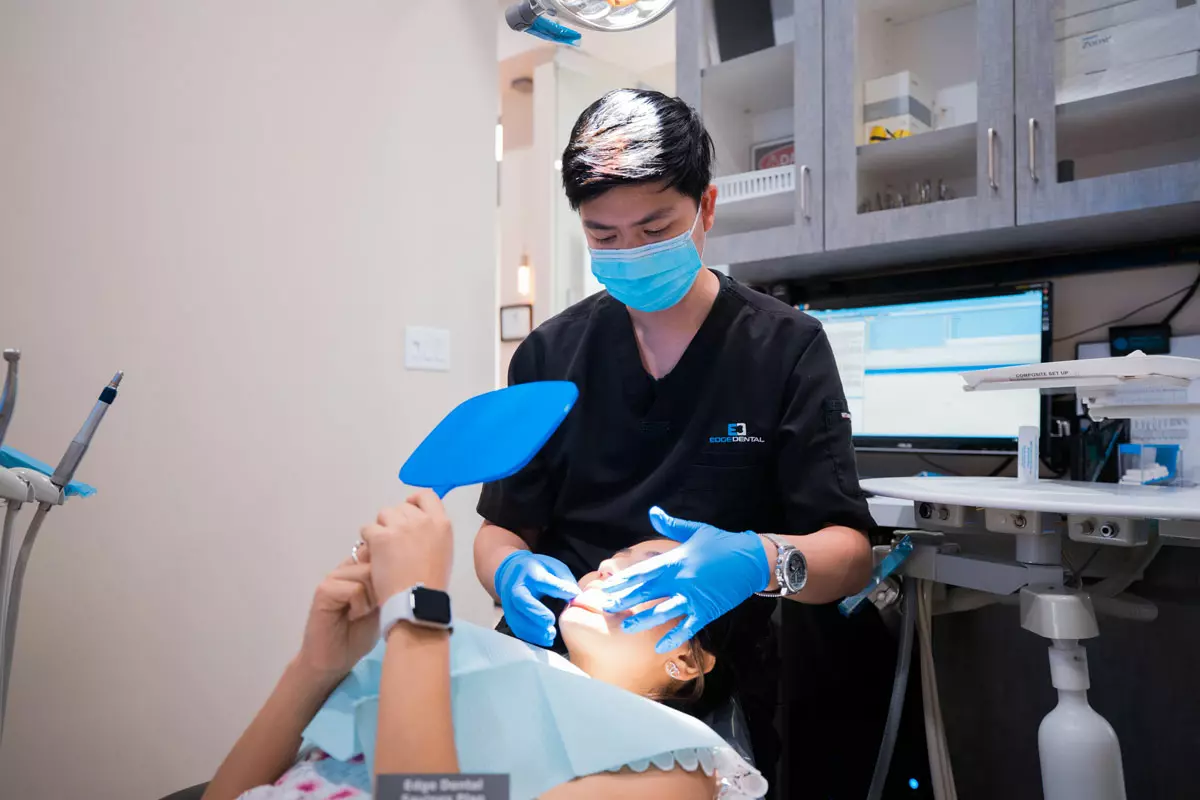What Are the Benefits of Wisdom Teeth Extraction and How Can It Prevent Tooth Decay?
Wisdom teeth extraction is a common dental procedure that offers numerous benefits, especially when it comes to preventing complications like tooth decay. But why exactly is this procedure necessary, and how does it protect your oral health in the long run? Understanding the relationship between wisdom teeth and tooth decay can help you make an informed decision about your dental care.
What Are Wisdom Teeth?
Wisdom teeth, also known as third molars, are the last set of teeth to emerge, usually between the ages of 17 and 25. While they were useful to our ancestors who had larger jaws and consumed harder foods, modern diets and dental evolution have made them less necessary. As a result, many people experience problems when these teeth begin to grow in, including misalignment, crowding, and infection.
The Connection Between Wisdom Teeth and Tooth Decay
One of the major reasons wisdom teeth extraction is often recommended is to prevent tooth decay. Wisdom teeth are located at the back of your mouth, which makes them harder to clean than your other teeth. Food particles and bacteria can easily become trapped around these molars, leading to cavities and decay. Left untreated, this can spread to surrounding teeth and gums, creating more serious oral health issues.

Why Extract Wisdom Teeth Early?
Many dentists recommend extracting wisdom teeth before they have the chance to cause problems, even if they aren't yet fully erupted. Here are some key advantages of early wisdom teeth extraction:
1. Prevents Tooth Decay: As mentioned earlier, wisdom teeth are more prone to decay due to their location. Removing them early reduces the chances of developing cavities in these hard-to-reach areas.
2. Avoids Crowding: Wisdom teeth often cause crowding by pushing against neighboring teeth. This can lead to misalignment, making it difficult to clean between teeth and increasing the risk of tooth decay.
3. Reduces Infection Risk: Partially erupted wisdom teeth create a flap of gum tissue where bacteria can gather, leading to infections that not only cause pain but can also contribute to decay in nearby teeth.
4. Prevents Gum Disease: The difficulty in cleaning wisdom teeth also puts you at a higher risk for gum disease, which is a leading cause of tooth decay and tooth loss.
How Tooth Decay Develops
Tooth decay, or dental caries, occurs when the enamel—the hard outer layer of your teeth—breaks down due to acid produced by bacteria in your mouth. This acid is created when bacteria feed on sugars from food and beverages, forming plaque that clings to your teeth. If plaque is not removed through proper brushing and flossing, it can harden into tartar, which can lead to cavities and gum disease.
The decay process typically starts in the enamel and can advance into the deeper layers of your tooth if left untreated. The symptoms of tooth decay can range from sensitivity to severe tooth pain, depending on how advanced the decay is.
How Wisdom Teeth Extraction Helps Prevent Decay
Removing wisdom teeth before they become a problem is one of the most effective ways to prevent tooth decay. Here’s how the procedure helps:
1. Improved Oral Hygiene: With wisdom teeth out of the way, you’ll have fewer areas where food and bacteria can get trapped. This makes it easier to maintain proper oral hygiene and reduces the risk of decay.
2. Decreased Bacterial Growth: Partially erupted or misaligned wisdom teeth create pockets where bacteria can thrive. By extracting these teeth, you remove the environment where decay-causing bacteria are likely to accumulate.
3. Minimized Plaque Buildup: Wisdom teeth are often difficult to reach with a toothbrush or dental floss, leading to increased plaque and tartar buildup. Extraction eliminates these hard-to-clean areas, reducing the chances of tooth decay.
4. Prevents Future Dental Complications: By removing wisdom teeth early, you avoid complications that could require more invasive dental procedures later on, such as root canals, crowns, or even extractions of other teeth.
Signs You May Need Wisdom Teeth Extraction
While not everyone will need to have their wisdom teeth removed, certain signs indicate that extraction may be necessary to prevent further dental issues. These include:
· Pain or Discomfort: Pain in the back of your mouth could be a sign that your wisdom teeth are trying to erupt, causing pressure on surrounding teeth or gums.
· Swelling: Swollen gums or jaw pain can indicate that your wisdom teeth are impacted or infected, increasing the risk of decay in nearby teeth.
· Difficulty Opening Your Mouth: If you find it hard to open your mouth or chew properly, your wisdom teeth could be the culprit.
· Recurring Infections: If you experience frequent gum infections in the area of your wisdom teeth, extraction may be necessary to stop the spread of bacteria that could lead to decay.
The Wisdom Teeth Extraction Process
If your dentist recommends wisdom teeth extraction, the procedure itself is typically straightforward. It’s usually performed under local or general anesthesia, depending on the complexity of the extraction. Here’s what to expect:
1. Consultation and X-rays: Your dentist will take X-rays to determine the position of your wisdom teeth and assess whether they need to be removed. If they are impacted or likely to cause future problems, extraction will be recommended.
2. Anesthesia: You’ll be given anesthesia to numb the area or put you to sleep, ensuring you won’t feel pain during the procedure.
3. Extraction: The dentist will make a small incision in your gum (if necessary) and remove the wisdom teeth. In some cases, the tooth may need to be broken into smaller pieces for easier removal.
4. Recovery: After the procedure, you’ll need a few days to recover. Pain, swelling, and discomfort are common but manageable with medication and proper care. Full recovery typically takes about a week.
Caring for Your Mouth After Wisdom Teeth Extraction
Proper post-extraction care is essential to prevent complications like dry socket, infection, or delayed healing. Here are some tips to ensure a smooth recovery:
· Follow Dentist’s Instructions: Your dentist will provide detailed aftercare instructions. Follow them carefully to promote healing and prevent complications.
· Maintain Oral Hygiene: While you should avoid brushing the extraction site for the first 24 hours, continue brushing and flossing your other teeth to prevent decay.
· Use Ice Packs and Pain Relief: Ice packs and over-the-counter pain relief can help manage discomfort during the recovery period.
· Avoid Hard or Sticky Foods: Stick to soft foods like soups, yogurt, and smoothies until your mouth has healed.
Conclusion:
Wisdom teeth extraction offers several advantages, especially when it comes to preventing tooth decay. By removing these hard-to-clean molars, you reduce the risk of cavities, infections, and other dental problems that could compromise your oral health. If you suspect that your wisdom teeth are causing issues, consult with your dentist to discuss whether extraction is the best option for you. Taking proactive steps now can save you from more serious dental problems in the future.

Comments
Post a Comment